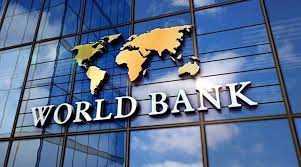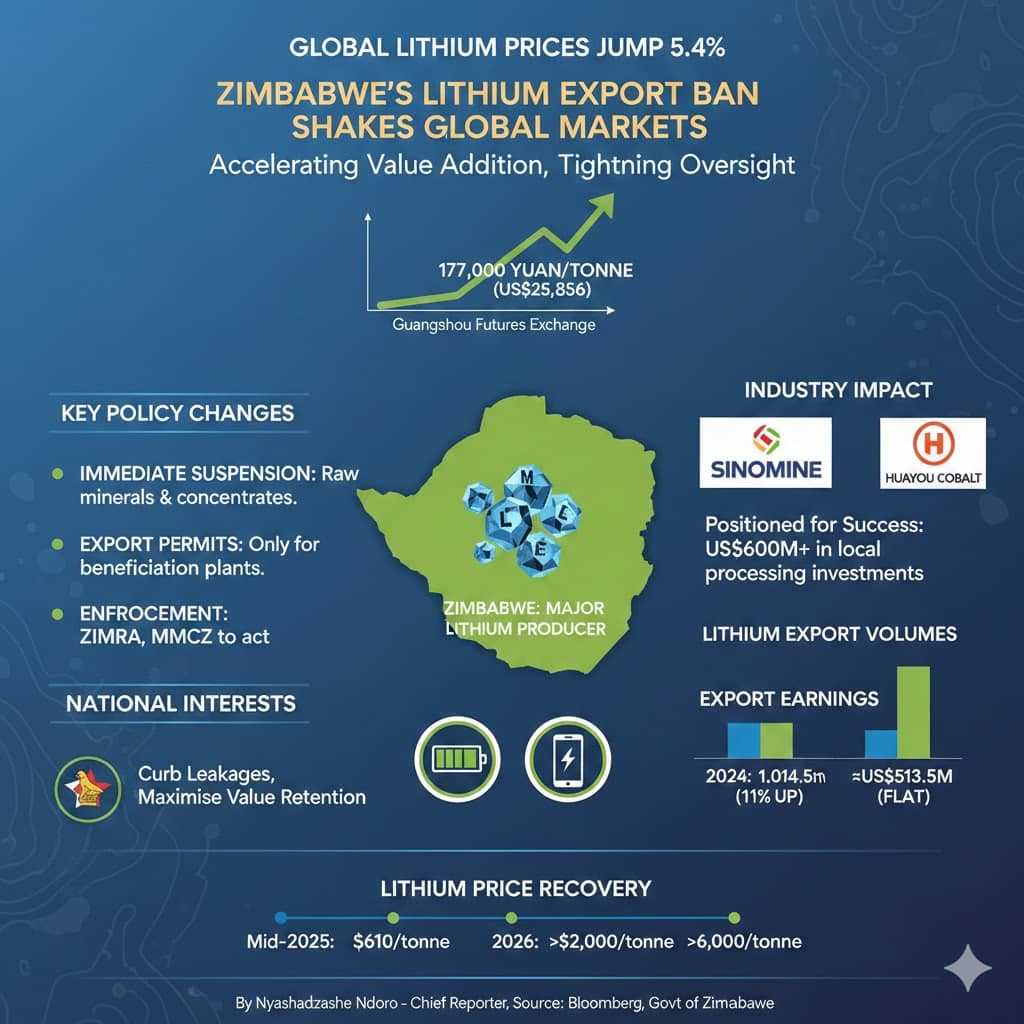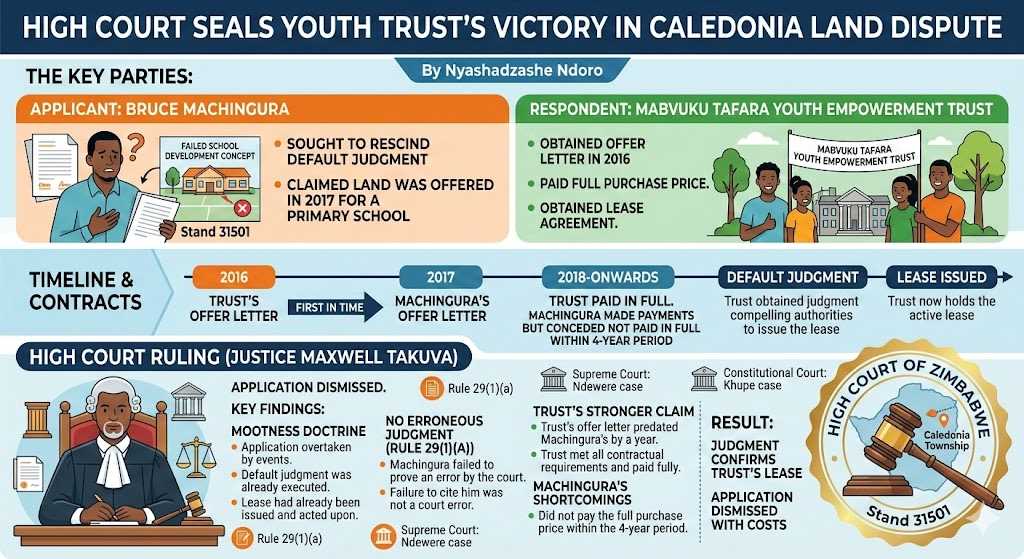
Nyashadzashe Ndoro
Despite economic challenges, Zimbabwe has potential for private sector driven growth but faces an El Niño-induced drought, the World Bank says in its latest report.
The report finds Zimbabwe competitive in agriculture, including sugar, cotton, and horticulture, but an El Niño drought is expected to bring below-average rainfall, posing a threat.
“Notably, the report finds Zimbabwe to be highly competitive in several value chains in agriculture and agribusiness industries, including sugar, cotton, horticulture, as well as meat and dairy. Furthermore, tourism and mining of energy transition minerals – including ample reserves of lithium – hold significant potential in the short term,” the World Bank said in its “Country Private Sector Diagnostic” report on Zimbabwe released Friday.
Related Stories
The World Bank acknowledges that Zimbabwe's government and its development partners are working together to address the country’s debt and unlock new investment opportunities.
The Bank, however, argues that the progress is happening amid significant challenges, including a sluggish global economy, fluctuating commodity prices, and the looming threat of an El Niño-induced drought.
While the country saw growth in 2022 and 2023, sustaining it requires tackling macroeconomic issues and the drought's impact, the World Bank said.
On Monday, the World Food Programme warned that 5.3 million Zimbabweans are facing insufficient food consumption due to the effects of the El Niño-induced drought.



















Leave Comments